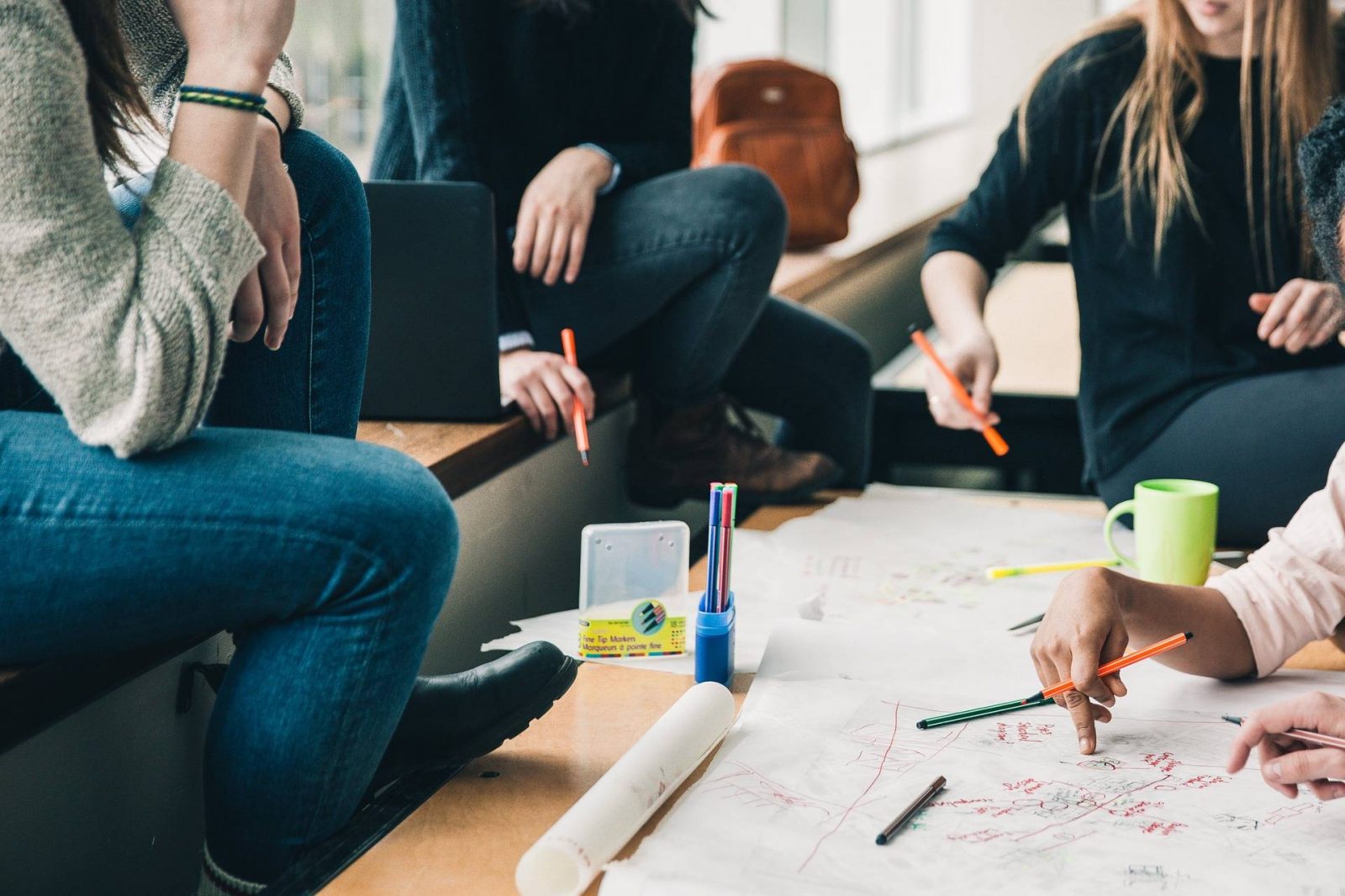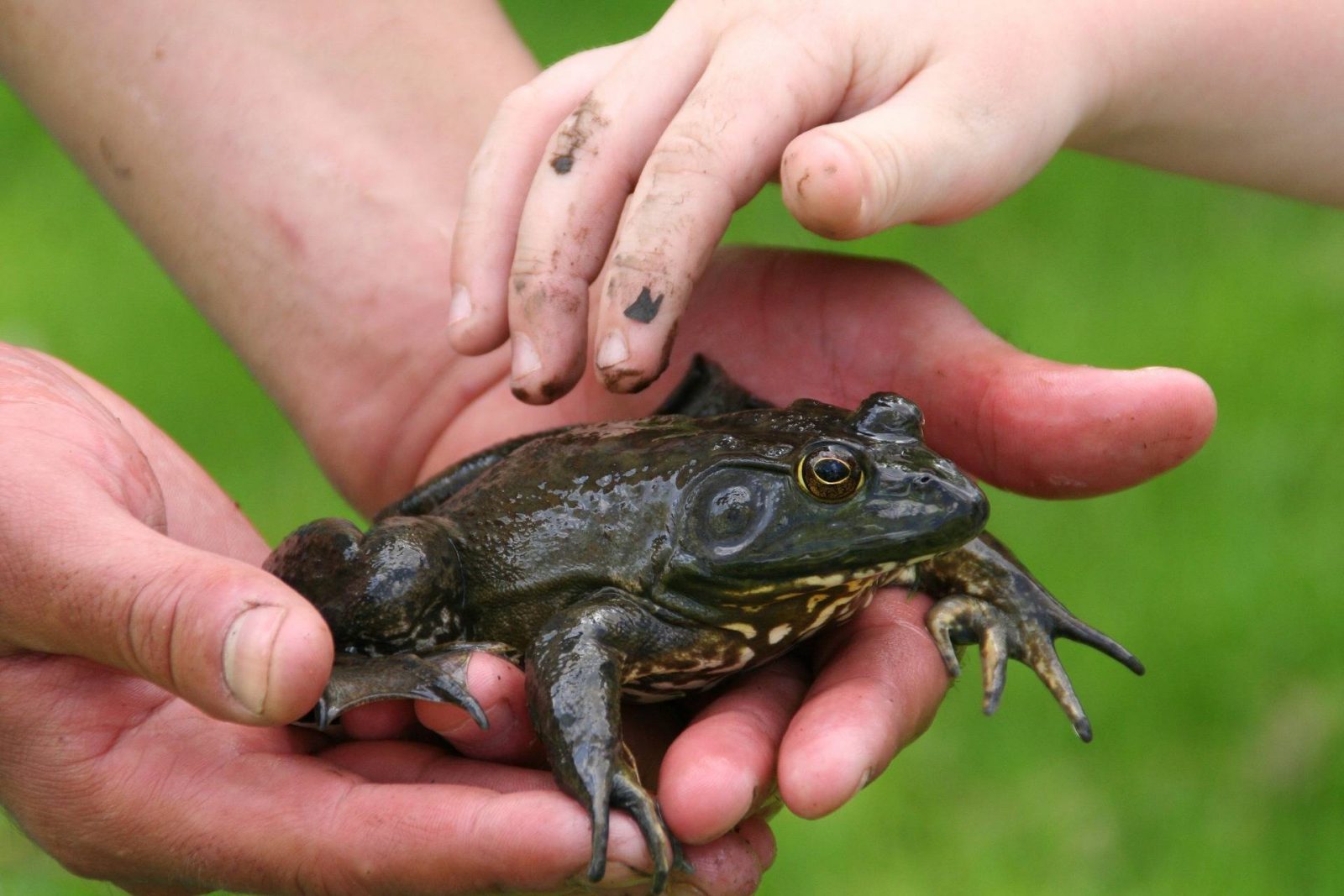Some people feel as though they have little or no option when it comes to selecting schooling for their children. Rather than just the standard option of public schooling, there are other options that are sometimes overlooked because of fear of financial constraints or lack of knowledge about the other choices out there.

Boarding schools
Boarding schools can cater to a number of different learning styles to fit the child and what the parent is looking for in educating their child. Boarding schools can offer factors such as stability, safety and offering a caring family environment.
At Rossall School they combine a traditional British education with a modern approach which focuses on developing the whole child. They believe that growing and learning in such a friendly and culturally diverse environment helps young people develop into well-rounded, confident and knowledgeable individuals.
Boarding schools tend to offer great facilities, a wide range of both academic and athletic options, encourage children to become more independent and responsible, the classes are smaller and teachers tend to have a degree in the subject they’re teaching.
However, if you decide that boarding school isn’t the best choice for you and your child, there are still other options available to you that are different to the public schooling route.

Home schooling
As a parent, you must make sure your child receives a full-time education from the age of 5 but you don’t have to follow the national curriculum. It’s perfectly legal in the UK to educate your child at home and you don’t need to be a qualified teacher to do so.
Children who are educated at home are usually educated by their parents or carers and may have some support from tutors outside the home.
Home schooling can be a more casual way of learning and means you’re not encouraged to stick to school holidays for trips and travel.

Montessori
Dr. Maria Montessori’s theory that self-directed learning is the best method to educate students stems from her belief that children are not born as “blank slates” and are instead innately equipped with a natural penchant for learning that traditional education systems do not support.
Montessori is a method of education that is based on self-directed activities, hands-on learning and collaborative play. In Montessori classrooms children make their own creative choices in their learning, while the classroom and the teacher offer age-appropriate activities to help guide the process.
How do you school your child?
Collaborative Post
